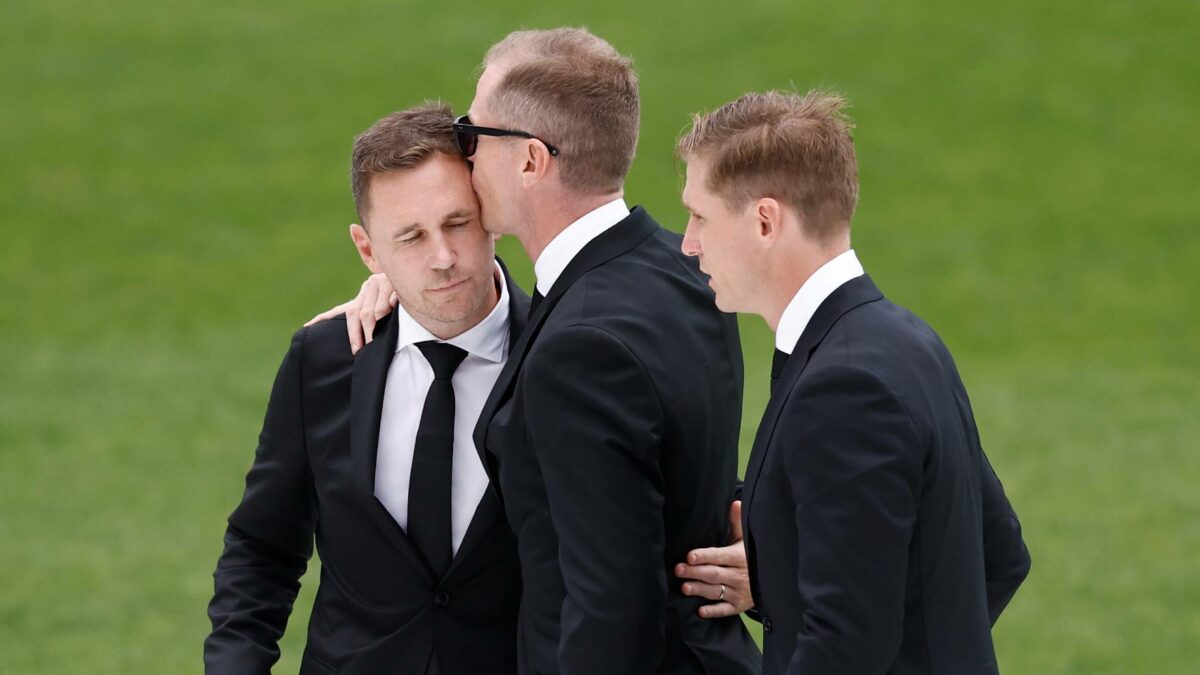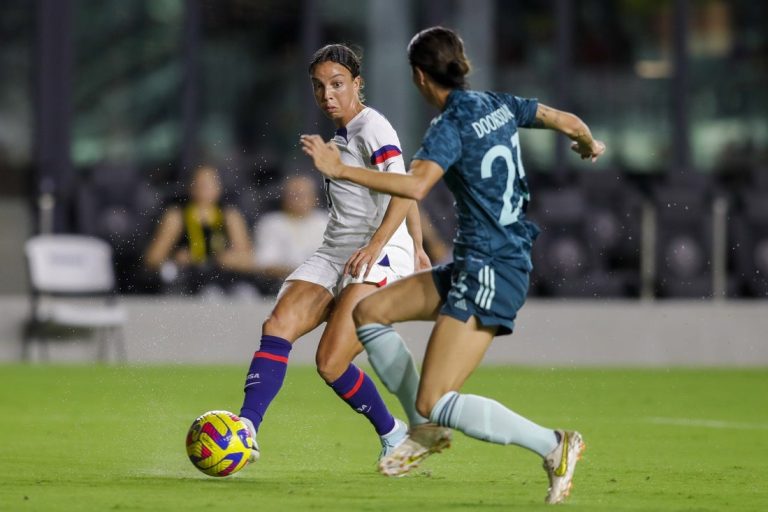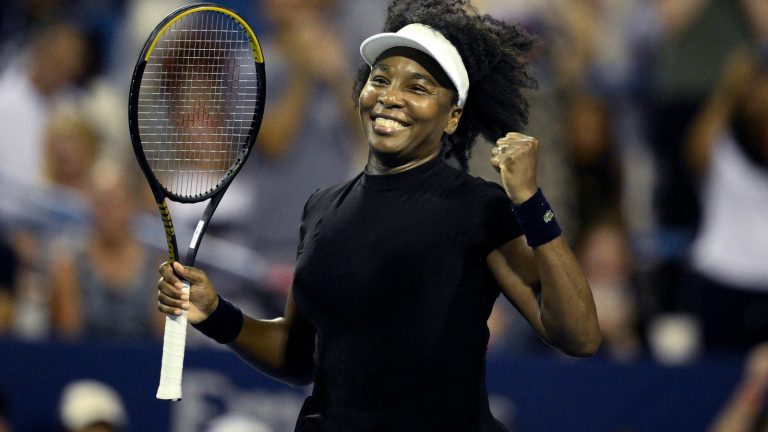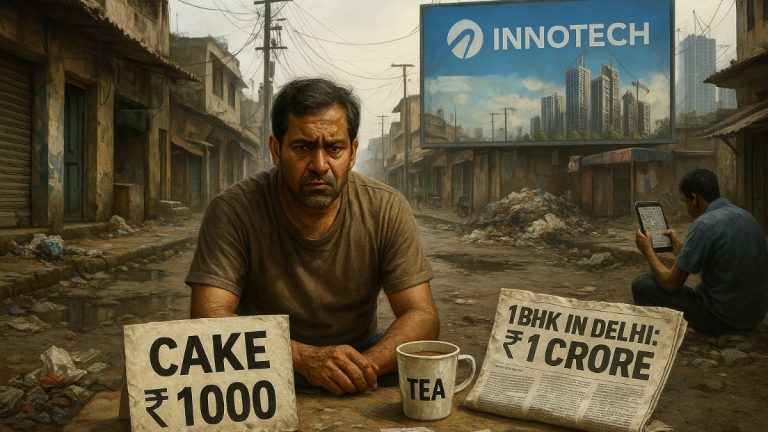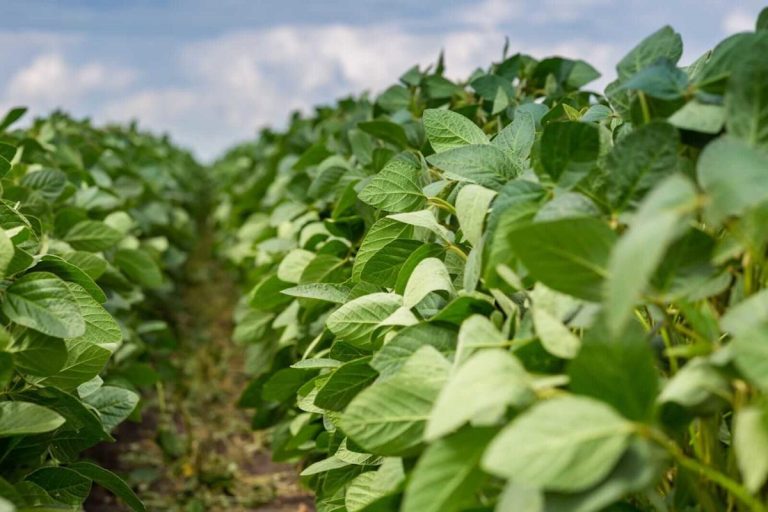On Saturday, the Australian football community was left shaken by the heartbreaking news of Adam Selwood’s death.
Coming just three months after the death of his twin brother, Troy Selwood, a former Brisbane Lions player, the twin tragedies have not only devastated their families, teammates, and friends but have also reignited urgent conversations around a mental health crisis in retired AFL players.
A crisis that many argue is not being adequately addressed.
Adam Selwood was 41. He leaves behind a young family, including children who must now grow up without their father, just as Troy’s children must without theirs.
In recent weeks, Adam had become an advocate for mental health awareness, visibly grieving the loss of his brother but channelling that pain into purpose.
He was due to run in the 2025 HBF Run for a Reason, not just as a participant but as a fundraiser and voice for suicide prevention charity ‘zero2hero’. His goal was to raise $10,000.
At the time of his death, donations had more than doubled that figure.
The Selwood brothers’ deaths have struck a raw chord across the country, not simply because of their prominence in the AFL world, but because their stories reflect a painful truth: too many retired athletes are suffering in silence.
Their post-career lives, once filled with purpose, routine, and recognition, can quickly become unfamiliar and unsteady. What happens when the roar of the game fades and the adrenaline is replaced by stillness? For many former players, that silence is deafening.

Joel Selwood, Adam Selwood and Scott Selwood embrace during Troy Selwood’s funeral service in February. (Photo by Michael Willson/AFL Photos via Getty Images)
Although the Selwood twins’ deaths are among the most publicised, they are not isolated. In recent years, a disturbing pattern has emerged: a growing number of retired AFL players are grappling with depression, anxiety, PTSD, and suicidal ideation.
While the AFLPA does offer confidential counselling and transition support, it may not be enough enough, especially when the depths of players’ emotional and psychological scars are only fully realised years after retirement.
Add in chronic pain, undiagnosed concussion symptoms, or even early-onset dementia from repeat head trauma, and the post-AFL reality can be stark and alienating.
There are programs and efforts in place, some run by the AFLPA, others by external organisations, aimed at easing the transition from an elite sporting career to retirement.
However, these initiatives are often limited in scope or reach.
It is time for the AFL to implement a dedicated Mental Health Round, like Sir Doug Nicholls Round, to openly acknowledge the issue and destigmatise help-seeking. It is also worth at least considering a mandatory mental health exit plan for all retiring players, complete with long-term counselling access, family support, and neurological screenings.
If we invested as much in our former players’ health as we do their game-day performance, we’d be saving lives.
The deaths of Adam and Troy Selwood must be a turning point. This cannot be a passing headline, mourned for a week and then buried in the noise of the next match. These tragedies should mark the beginning of a serious, sustained commitment to mental health support across the AFL ecosystem.
That means expanding funding for retired player services, partnering with mental health organisations, creating peer support networks, and implementing post-career check-ins that last not just for months, but years.
It means educating players from their first day in the league that strength is found not in silence, but in speaking up.
As fans, as clubs, as a nation, we owe it to the Selwoods – and the many others who have suffered quietly – to build a future where no player feels left behind.
Let their legacy be more than memory. Let it be change.
If you or someone you know is struggling, support is available:
Headspace on 1800 650 890 or headspace.org.au
Lifeline: 13 11 14 or lifeline.org.au
13YARN: 13 92 76 or 13yarn.org.au
Beyond Blue: 1300 22 4636 or beyondblue.org.au
Urgent Help – Play AFL: play.afl/urgent-help
